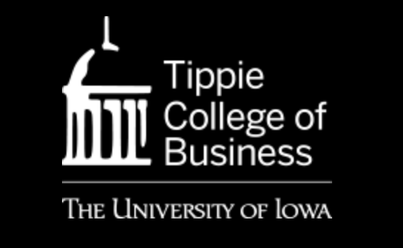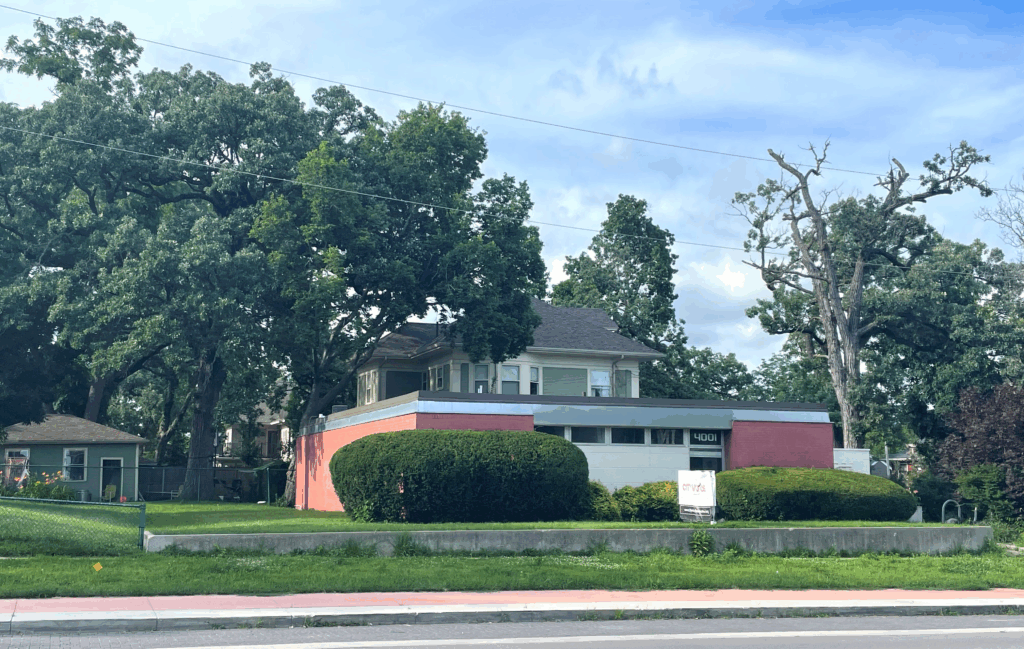Envision Iowa: Key takeaways about the future of Iowa’s post-pandemic business climate

Business Record Staff Sep 15, 2023 | 6:00 am
3 min read time
812 wordsAll Latest News, Workforce DevelopmentThe Business Record recently held its second think tank session of this year’s Envision Iowa series. It focused on “Business Opportunities” and specifically about the future of Iowa’s post-pandemic business climate. Panelists included:
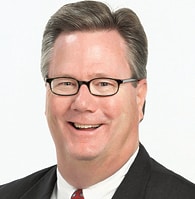
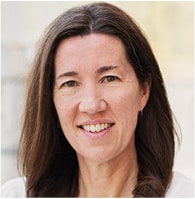
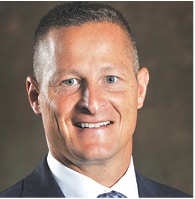
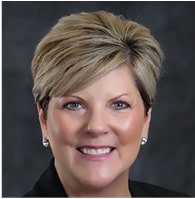
Business Record staff writers shared their key takeaways from the event.
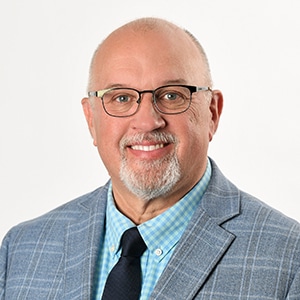
Thoughts from Michael Crumb
Nancy Bird on the need to better tell the story of what Iowa has to offer
“Workforce comes up often, and one of the things I’m seeing is the number of really great companies who are figuring it out; how do we move forward with the workforce we have? One of the biggest challenges is how we’re framing the solutions to that and that we’re really not telling the story as we should with what our state is offering and the values set of the people here who really want to get to work. Oftentimes we talk about the brain drain issue when some of those issues, when you dig down to them, it’s more about housing. There’s a number of things around workforce that we need to dig into more and understand the data to better frame what the opportunities are for businesses here.”
Lori Schaefer-Weaton on the need to highlight technical and trade careers
“What I see every day is not just people availability, but more communication about what careers are available. I’m not anti-four years [of education]. People all have their own path. If you get a kid really good at welding, he’s walking out of high school with a two-year degree right now making $80,000 a year. So I think we have to do a better job of talking about the skill sets Iowa needs to take us to the future. And again, it’s all of them. We need all skill sets. We need accountants. We need customer service people. We have salespeople. So for me, the image of manufacturing is still a big deal. We’ve come a long way. We have great partnerships with our community colleges and the Regents universities. I think people are starting to see that not everyone should be put on the same path or they’ll fail. I think we still have a long way to go.”
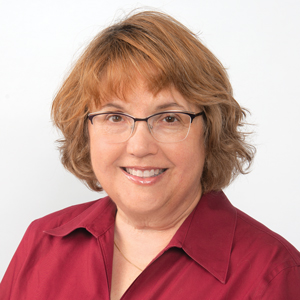
Thoughts from Kathy A. Bolten
Being uncomfortable is OK
Suggesting ways to solve problems may cause discomfort to clients, employees and others, Keough said. “Growth comes through being uncomfortable. We’re just trying to make sure that our employees know that it’s OK to be in the uncomfortable and it’s OK to not know. All the learning is in that area of being uncomfortable. … We want to make sure we understand our clients. There’s a certain segment of our clients that don’t want to be on the leading edge. They want proven solutions. But we also have clients that just salivate [at the] latest, the greatest and the newest. They want to be on the leading edge and be the test case. Our job is to understand our client.”
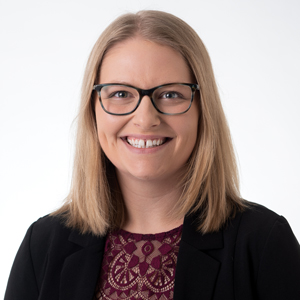
Thoughts from Sarah Diehn
Opportunities and challenges for Iowa’s manufacturers
In his keynote, Ralston cited innovation as one of the biggest opportunities for Iowa’s key industries and manufacturers to take advantage of. He said Iowa is a “patent-rich state” and companies’ focus on innovation has led to new product development and increased efficiency. Among challenges, Ralston named three common ones many businesses have on their minds: inflation, interest rates and workforce. But he also said smaller companies are challenged to find time to step away from the day-to-day work to figure out how to “take their business to the next level.”

Thoughts from Kyle Heim
Public-private partnerships key ‘if you want to get anything done’
Living in a small town of less than 10,000 in Fairfield has taught Schaefer-Weaton that public-private partnerships aren’t a nicety to have but a necessity “if you want to get anything done.” One of the major issues Schaefer-Weaton mentioned having tackled was working with key stakeholders in the town to build a child care center. “That might not sound like a business issue based on the old definition, but in today’s world, if I have potential people who are not working because they can’t find good, safe day care, this just became my issue,” she said. The key stakeholders involved in finding solutions to issues such as child care include manufacturing, education and economic development. Bird added that when the business community is actively involved in understanding how something like child care affects its industry, “you can solve all kinds of things. But without that real ownership or understanding, it becomes much harder because people are busy, it’s hard to even get the information in front of them, and then they may not make that connection as easily.”






